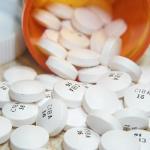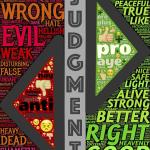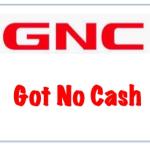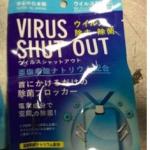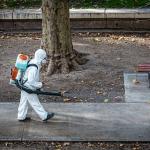By Leigh Turner, University of Minnesota
COVID-19
The researchers made use of two datasets. C-Span provided information on the verified Twitter accounts of the members of the 116th Congress; Twitter’s interface provided the tweets.
It's no secret that I'm no fan of dietary supplements. Neither is my colleague Dr. Henry Miller, one sharp guy, who used to be the Director of the FDA's Office of Biotechnology.
Several months into the coronavirus pandemic, we still don't have a good understanding of SARS-CoV-2. The often contradictory information we get from scientists and public health officials reflects this.
Public health officials and the media have been warning us that coronavirus kills not just old or immunocompromised people but young people too. While this is true, it remains relatively uncommon.
While much remains to be learned about the transmission of COVID-19, the scientific consensus appears to be that the ultimate main route of infection is through an individual’s nasal passages and airways as the virus attached to ACE receptors.
For those of you clinging to the idea that COVID-19 is nothing more than "the flu," an unfortunate (but entirely predictable) "experiment" in a bar in Florida should disabuse you of this myth.
The BBC reports, “low-dose steroid treatment dexamethasone is a major breakthrough in the fight against the deadly virus, UK experts say.” Before tossing aside your mask and booking
Although it is difficult to come up with many benefits from an unprecedented deadly global pandemic, there is one, albeit mostly inconsequential nugget that we junk science chasers at ACSH should at least acknowledge.
